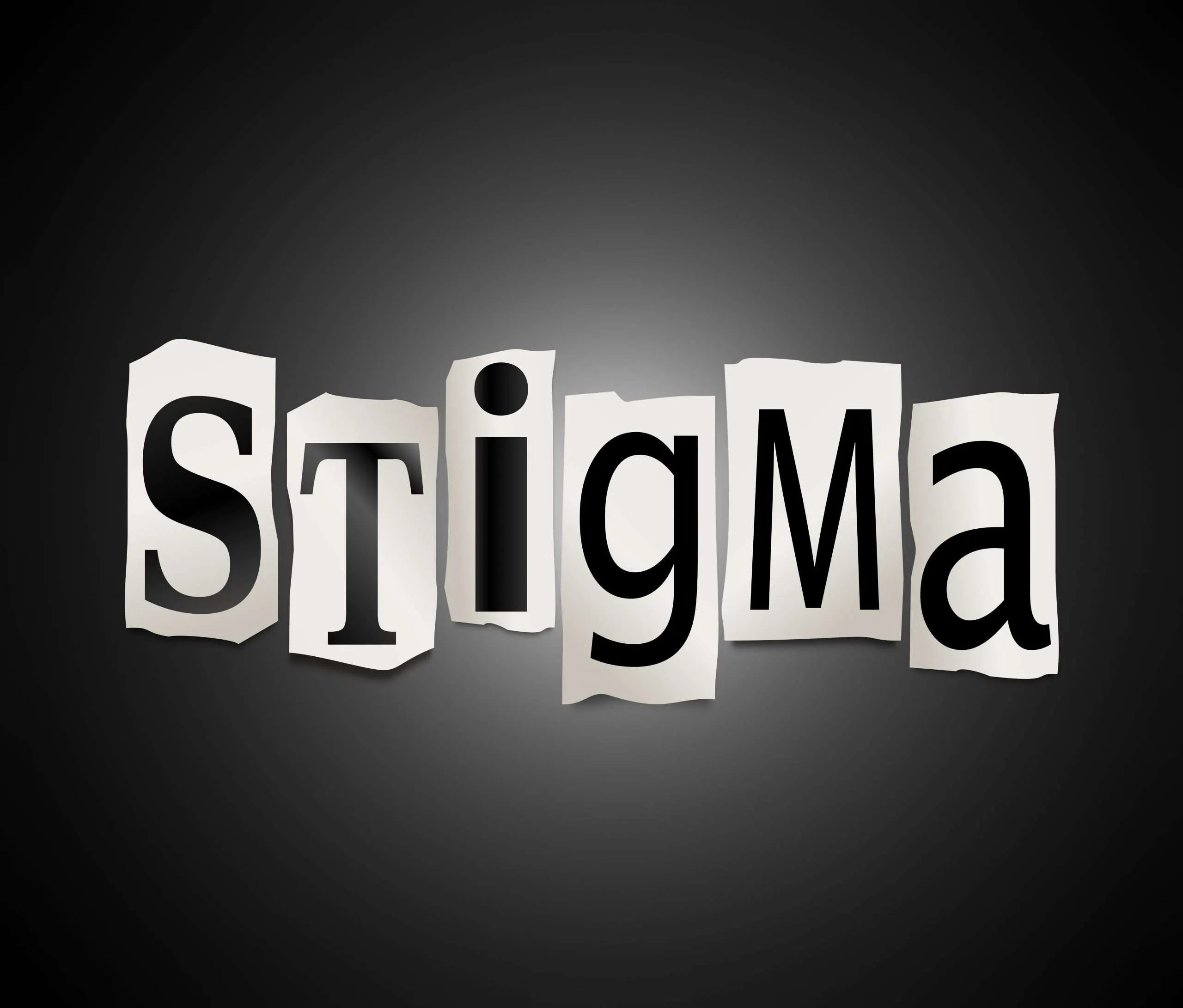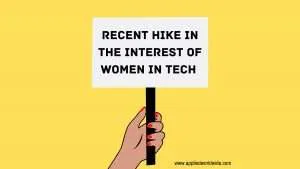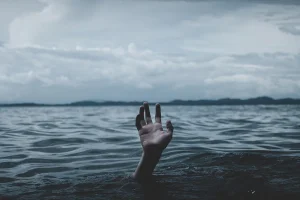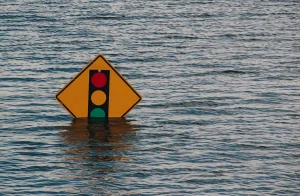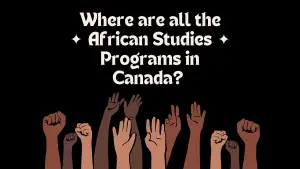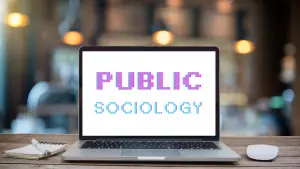Linking Stigma and the State
There are many detrimental experiences that are continuously experienced by Papuan student activists. In 2015, for example, based on the reports from the Papuan Student Alliance organization, we could find violation of private space and unreasonable interrogation, dissolution of collective action, labelling “the nest of separatists” and assault during collective action that resulted in making the participants collapsed and being admitted to hospital in critical condition.
Generally, those experiences are captured separately. If the one that was being observed is the experience of violence by the police, Indonesians will label it “repressive.” If the one being observed is a threat from mass organization, they will label it “reactionary.” If the one being observed was a physical insult, then they will call it racism. Unfortunately, the habit of dismembering the experiences of the Papuan student activists makes it difficult for us to see the bigger picture. We make all of their experiences appear disconnected.
Therefore, the consequences of all those experiences were not captured completely. Indonesians insist that Papuan student activists are fellow countrymen, but they aren’t able to comprehend what is actually experienced by those Papuan student activists and how it affects their daily life.
Thus, I think it is necessary to ask the question again: What actually happens to Papuan Student Alliance?
Politically Deviant
Did you know one of the main campaigns of the health organizations and experts during this pandemic time is the fight against the stigmatization of COVID-19. Yes, some people are thought to be the carriers of the virus and have the potential to transmit it to others. Those who are stigmatized are then shunned, avoided, find it difficult to get jobs, and even experience physical assault. As a result, they are forced to hide their health status to avoid experiencing those things. The question is, why does this discrimination and violence happen?
Sociologists have shown that stigma is part of human life as an organism and society. As an organism, we have the need to survive and reproduce. If something disturbs or even threatens this biological need, there are a lot of ways the organism can stop the intruder. He can reject, neglect and even annihilate it. This is the evolutionary function of stigma and the stigma of COVID-19 can be explained by this function.
However, as society and the state become relevant to human life, the function of stigma has also become more social. In the context of life as a community and a citizen, stigma is not only a biological matter, but is also a matter of upholding social values: what is right, wrong, good, and bad, as well as what kind of norms and laws should be followed. Stigma exists in society as a form of social control—a deterrent and a counter against deviant behavior. This is the social function of stigma and all experiences that are detrimental to the Papuan Student Alliance can be explained by this function of social control.
How is the Papuan Student Alliance is Stigmatized?
Not all behavior that crosses the boundaries of values and norms will be stigmatized. Only deviants that are publicly known will be stigmatized. The unknown rapist will live as usual because he appears similar to a non-rapist. Stigma appears only when he is arrested, and made known to the public. At that exact moment, he will have a deviant identity, and will live his life not only by being imprisoned but also not trusted anymore, shunned, avoided, and so on.
The question is, is the Papuan Student Alliance considered a deviant collective actor? Of course, almost all Indonesians know the answer: yes. They are considered to be deviant because they transcend the unity and integrity values that have been thought since childhood in Indonesia.
What the Papuan student activists want is to exercise the right to self-determination to decide Indonesia’s authority over the Papua region. Self-determination is a peaceful way of determining whether Papua needs to declare its independence or remain as a part of Indonesia by referring to values that are more abstract than unity and integrity: democracy and humanity. In other words, the collective action of the Papuan Student Alliance is classified as politically deviant behavior; The Papuan Student Alliance carries a politically deviant identity because it challenges the dominant values in Indonesia with reference to higher values.
Politically Deviant Identity
This political deviant identity is exacerbated by the existence of a negative belief (negative stereotype) that this student organization is part of the OPM (Free Papua Organization). In Indonesia, OPM is considered to be akin to an armed organization fighting for separation of Papua from Indonesia. Whereas, self-determination is the peaceful and democratic way as its theoretical basis is the theory of democracy.
This method is not the same as a violent movement that uses weapons to liberate themselves. The peaceful nature of the Papuan Student Alliance can be depicted from its main activity as an organization. The demand of self-determination and the exposure of the problem in Papua are carried out through collective actions, campaigns, events, discussions and gathering peaceful solidarity. There is no coercion, moreover, violence that they use against the public.
Separation is indeed unwanted by every country, including Indonesia. But it doesn’t mean that self-determination shouldn’t be conducted. In Spain, for example, self-determination is conducted through a referendum voting mechanism and recognition by other countries. After all, the result of self-determination does not always involve secession, as it was the case in Catalan. There is still a free space for anyone to maintain territorial integrity. Therefore, the “deviant” identity labeled on this Papuan student organization is actually just a social construct; it was only considered deviant due to the social and political condition of Indonesia.
Applying Sociology to Papuan Student Alliance Stigmatization
Nonetheless, the Papuan Student Alliance has experienced the stigmatized social interaction for years. The important questions are: what kind of meanings do they construct as they face those devastating experiences? How do those meanings change their attitude and behavior? Then, what is the future that they imagined? To answer all of these questions, new studies are needed to focus on the mechanisms and the consequences of the stigma on the Papuan Student Alliance. Such studies will also be beneficial for practical matters as they will bring more mutual understanding between Indonesians and Papuans.
Early phases of my study indicates that Papuan students have some sort of automatic fear, loss of security, when facing police officers in peaceful, collective action settings. This kind of social psychological effect remains unnoticed by the wider population and might make the problem worse from time to time.
It could be speculated that the moderate to high intensity of stigmatization mechanisms (for example, insults on social media and repressive responses) lead the Papuan student to become increasingly convinced of the need for independence. Take a look at the conversations that the Papuan student activists make every year on their blog, social media and official discussion. All devastating experiences are reflected in the ideas of militarism and colonialism. As a result, the narratives that get stronger among Papuans and activists is that Papuans are dealing with real, truly violent militarism and colonialism. The distance between Indonesians and Papuans, then, widened over time.
Conclusion
If it is true that Indonesians and Papuans are becoming further distant, perhaps in their eyes we are seen as pretending to be superior with the overused jargon “NKRI dead price” (meaning, the Unitary State of the Republic of Indonesia should be defended even if it means to kill or be killed). Could it be that we are late in approaching them and calm all the existing tensions? It is in such a case that sociology becomes very important and relevant to apply its ideas and methods.

